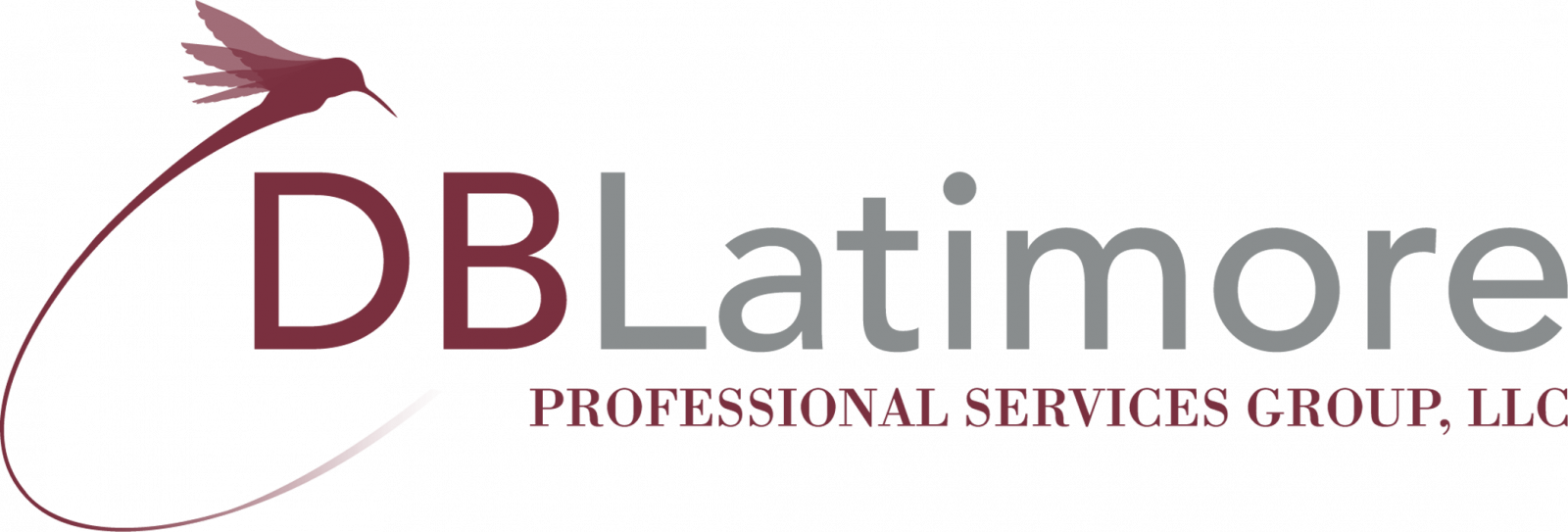I will begin this article with an admission that I made a mistake.
Earlier this month, I began my daily routine at 5 am, reviewing my schedule for the day, and checking emails to see if anything had changed overnight. On this day, I realized that I had a full day beginning at 7am and ending at 6 pm.
To maximize my productivity, I knew I would have to integrate as many activities as possible. I decided to place a Rapid Pick Up order at Panera Bread to cover lunch, prep dinner and set the timer for it to cook, so that it would be ready when we returned home and cut my morning exercise routine to 30 minutes on the treadmill. My day was off to a great start, when I started my first coaching session at 7 am.
On my way to my client site; I stopped at Panera Bread to pick up my order and to my surprise it was not ready. I actually stood there looking perplexed (I’m sure you can visualize this) and saying “hmmm, this has never happened before”. After a moment, I checked with one of the employees, who begin the search for the missing order. It was quickly determined that they had not received the order. Graciously, they offered to immediately make my salad (which I had customized), I refused saying – I put this in at 5 am, I don’t have time and walked away. While waiting for the red light, I checked my confirmation number and to my chagrin, I had placed the order at the wrong Panera. I already felt bad for spewing negative energy into the Panera, and knew that I had to do something to correct the situation. I first called the DC location to let them know that I had placed the order at the wrong location (yes, my salad was ready and waiting) and to please cancel, and then I humbled myself and called the Warrenton location to offer my apologies and admit my error. Both managers accepted my apologies.
An hour later, during a meeting with my clients, to discuss Leadership Development, I conveyed the story, explaining Emotional Intelligence and the Resonant Leader, focusing on my responsibility to have self-awareness, self-management, social awareness and relationship management in this situation. Ironically, during this discussion, the CEO sent us a note to say that he had arrived and to make sure we enjoy the Panera Bread Pastries he had placed in the break room. Needless to say we had a hearty laugh.
The term resonant leader was popularized in a 2002 book titled Primal Leadership, written by Daniel Goleman, father of the concept of emotional intelligence, along with emotional intelligence researchers Richard Boyatzis and Annie McKee.
Since then, Boyatzis and McKee have continued their research in this field. In their recent book, Resonant Leadership: Renewing Yourself and Connecting with Others Through Mindfulness, Hope, and Compassion, they have come up with surprising recommendations for what it takes to achieve and sustain resonant leadership—not just corporate management, but leadership within any kind of organization, family, social group, including what they call “leadership around your own life.”
Leadership as Relationship
In their new work, Boyatzis and McKee describe the resonant leader as one who has developed the emotional intelligence to connect with and sustain relationships with his or her team in order to be able to manage the emotional content of the organization.
As Boyatzis puts it, “Leaders who can create resonance are people who either intuitively understand or have worked hard to develop emotional intelligence—namely, the competencies of self-awareness, self-management, social awareness and relationship management. In addition to knowing and managing themselves well, emotionally intelligent leaders manage others’ emotions and build strong, trusting relationships.”
A great leader, he says, is not a person, “it’s a relationship.”
Battling the Sacrifice Syndrome
Sustaining this level of resonant leadership can be challenging. Added to the normal stress of leadership is a growing list of demands—both internal and external—placed on leaders these days. Trying to meet these demands with more and more time and energy, without attending to themselves, leaders can slip into what Boyatzis and McKee call the “sacrifice syndrome.”
The sacrifice syndrome is a vicious cycle in which the stress of sustaining a leadership role—whether resonant or not—coupled with some unexpected problems or crises, starts someone down a path of burnout. There are numerous physical manifestations, including gastrointestinal disorders, high blood pressure and a weakened immune system. But more importantly for the leader, burnout leads to dissonance, not resonance. Retaining the ability to resonate with your organization requires particular attention to three areas:
• Mindfulness. This critical skill deals with maintaining awareness not only of what is going on inside yourself, but also to what is going on around you. Boyatzis and McKee are open-minded about the path to mindfulness, from cognitive psychology to Buddhism. Their suggestions include meditation, prayer, exercise, music and being in nature.
• Hope. The authors define hope as determining a plan of action based on clearly articulated goals, believing the goals can be met and eventually reaching them with a sense of well-being. Hope can be a profound source of positive thoughts and emotions, and, through the contagiousness of emotions, in our organizations as well.
• Compassion. Resonance, ultimately, requires caring about other people; in that sense, it depends fundamentally upon our capacity for compassion. By caring enough about people to try to figure out who they are and why they behave the way they do, the dissonant defenses of prejudice and pre-judgment are replaced with the resonant qualities of understanding and tolerance.
The Importance of Self-Assessment
Boyatzis and McKee advocate executive coaching—giving it as well as receiving it—and the use of evaluation tools such as 360-degree feedback, in which you receive input not only from your bosses but also your peers and subordinates. Such techniques are particularly important to ward off the sacrifice syndrome because the accumulation of stress can blunt our ability to see ourselves clearly and identify what may be going wrong.
“Contrary to popular belief,” Boyatzis and McKee write, “it is not change itself that is so hard; what is hard is being honest with ourselves, looking at ourselves with no filters and admitting that we need to change.”
Are you a Resonant Leader? This month I encourage you to take the path of self-discovery, by assessing your level of Emotional Intelligence.
I would appreciate the opportunity of engaging with you on your journey, sign up for a free consultation by typing FREE CONSULTATION in the message section.
Author’s content used under license, © 2008 Claire Communications



